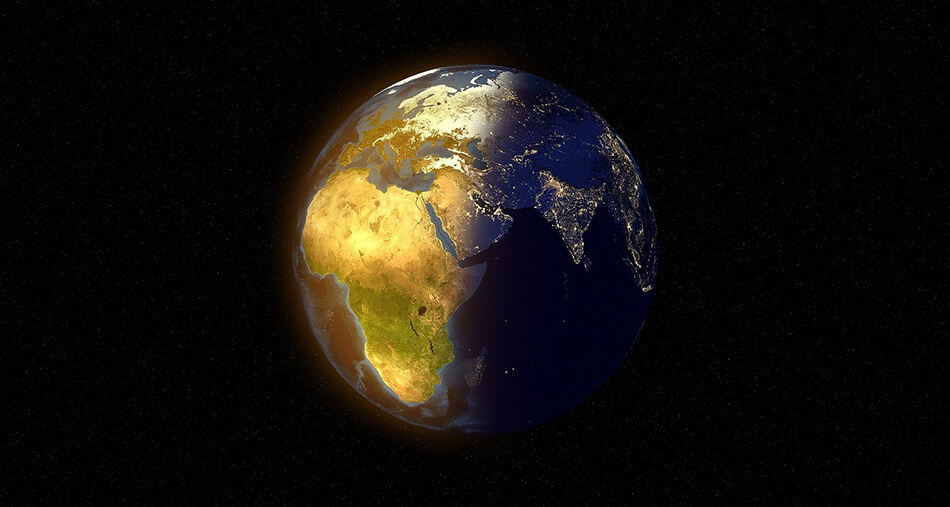One of the side bar discussions I’ve heard during the Corona pandemic crisis goes something like “well – at least this is good for the environment”.
As COVID-19 infections climb to nearly 800,000 cases in the USA alone (as of today’s date) and wreaks havoc with our medical system, our health, our businesses and our social lives, something else is going on. And that something is a positive impact on Planet Earth. Trust me – I’m not trying to diminish the suffering and tragedies all around us – but as an environmental engineer, I have to comment on that COVID-19 cloud and its unexpected silver lining.
Air pollution has decreased as a direct result from forced quarantine times. Emission detecting satellite images show huge declines in pollution over major metropolitan areas, including Los Angeles, Seattle, New York, Chicago and Atlanta. Fewer people are traveling, pollutants from shuttered business are lower.
But then you ask – what happens after the pandemic is over?
If you talk to scientists – this decrease in pollution is not sustainable. It won’t last when we go back to our old routines, they say. China saw drastic reductions in air pollution levels that began near Wuhan and spread across the county. With the return to normal activity in China, satellite images are showing that those levels are going back to pre-pandemic levels.
But who says we can’t change some things… that could have a sustainable positive impact on our environment?
What if? – We took advantage of remote meetings – whether it is business or social? I was dead set against remote training and “face timing” my family. But – it’s out of the scary bag of unknowns for me now. I can see where there are times it can be put to good use. Less travel, less pollution.
According to the EPA, motor vehicles collectively cause 75% of carbon monoxide pollution in our country. On-road vehicles cause one-third of the air pollution that produces smog in the U.S., and transportation causes 27 percent of greenhouse gas emissions.
What if? – We took more time to stay put? Take a walk for pleasure, instead of driving to find fun. Going outside! – turning off the electronics and go bird watch, sit or play, clean up your garden, build a snowman. Do it with family or secluded as a meditative practice. NOTE: this comes from a person who, during “normal times” drove too much, did too many after work activities, and hmmm – went out to dinner way too much!
What if? – We took the notion that when we go back to travel, we push for green energy?
What if? – Those long walks outside gave notice to single use plastic pollution littering our lands and oceans? And we pushed for biodegradable plastic?
What if? – We bought less food resulting in creating less waste? In the United States, food waste is estimated at between 30-40 % of the food supply. Not only is this unethical, it contributes towards landfill pollution emitting greenhouse gases.
What if? – We decided that this planet is pretty special, and we really ought to take care of it.
I don’t subscribe to the idea that things have to go back to normal after the pandemic forced quarantines are over. As an idealist, I like to think that humanity was put in this pandemic time out chair for a reason. As John Lennon wrote, “Imagine all the people sharing all the world”.
Let’s dream that together and help this living planet.
April 22, 2020 marks 50 YEARS since the first Earth Day in the US.
Carol Brozosky, President of PTP Consulting, Inc. 4/22/2020

